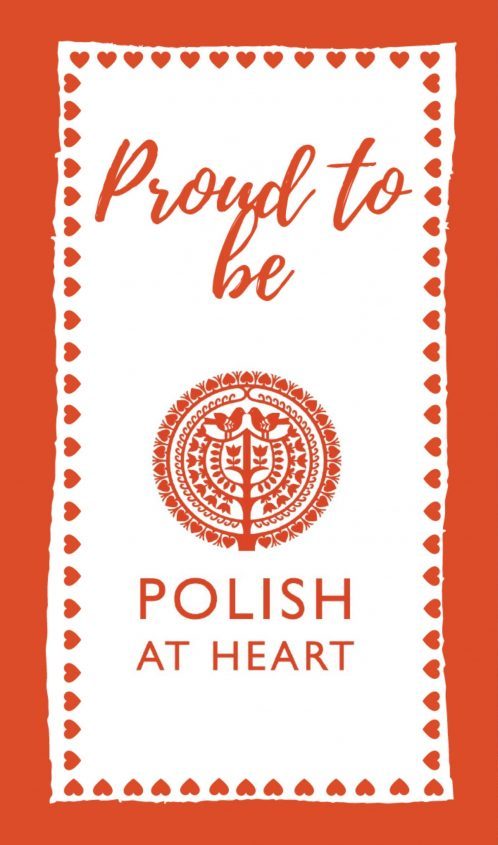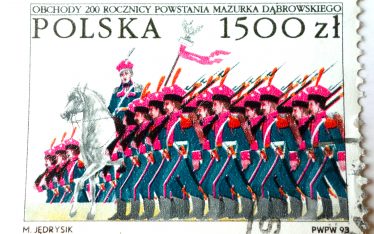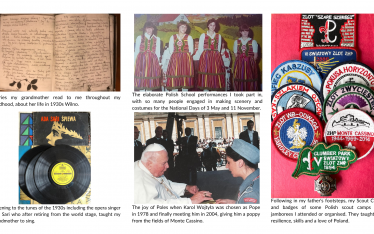If you’ve been thinking of confirming your Polish citizenship to to emphasise your heritage or to stay a European citizen, here is a quick guide based on my experiences. Months after submitting my application I received my confirmation of obywatelstwo (citizenship) and after registering my certificates in Poland, I applied for and received my passport. What I have learned to date is:
It’s not a Consulate decision
The Consulate deals with the paperwork (your declaration of possession of citizenship) but the actual decision is made by the local authorities in Poland. If you live outside of Poland it is the Wojewoda (Regional Governor) in Mazowsze (Mazovian Voivod Office). Once they have made this decision they don’t necessarily let the Consulate know, so check if this is the case. Now that all the Consulates in countries are under one website gov.pl there is uniformity in the information provided about the process, also in English but the application form is in Polish. This is the UK link: www.gov.pl/web/unitedkingdom.
It’s a lengthy process
Once the Consulate has all the appropriate documents, the decision making process can now take up to a year, however it could also take you some time to amass all the relevant documents and translations before that. I went through the form several times with my parents as in between they were finding documents and checking family names. In a way, if you don’t have a lot of the information for great grandparents, it might be easier, as long as you have enough evidence of your family’s polish heritage. You also don’t automatically get a passport. This is a separate process once you have a Certificate of Polish Citizenship. You can have this Certificate without then applying for a passport – or you can go the whole hog. There are three stages to the full process:
- Stage 1: confirming citizenship
- Stage 2: registering your birth/marriage/divorce certificates in Poland
- Stage 3: applying for a passport.
If you do obtain a passport, remember that legally you will then have to use this passport when entering and leaving Poland.
You need a lot of documents to apply
If you belong to the second or subsequent generation of Polish emigrants you will need most of the following documents but don’t worry if they’re not available:

- your birth certificate which states your parents’ names
- your marriage or divorce certificate (if applicable) and any documents confirming changes of names (if applicable)
- Your current passport or other valid document confirming your current nationality
- your parents’ marriage certificate
- an original birth certificate issued in Poland of the family member who settled outside the borders of Poland
- other documents confirming Polish ancestry (e.g. parents’ or grandparents’ birth, baptism, marriage certificates, Polish passports)
- Act of naturalisation (if you were originally born in Poland and naturalised as a UK/US or other citizen), or your parents’ or grandparents’ (if they were naturalised and if for example their Polish citizenship was revoked by the Polish government before 1962 or they themselves revoked it). For the UK this can be obtained through the National Archives.
- Any army documents to prove grandparents or great-grandparents served in the Polish Army or Polish Corps of the British Army during World War II.
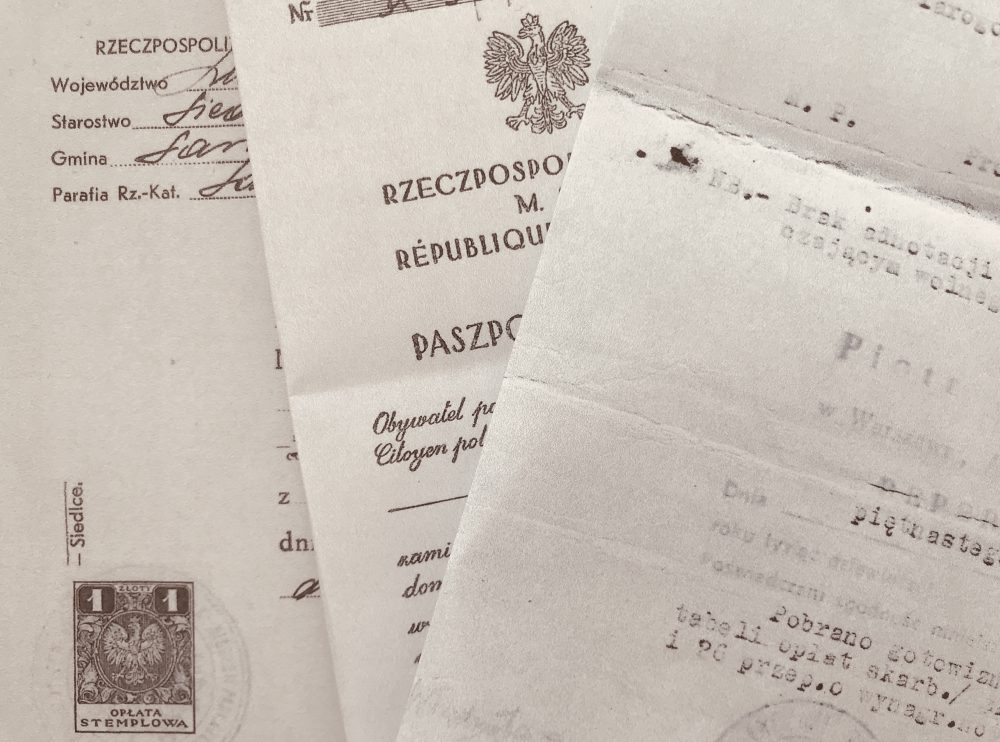
Check with your Consulate if they will receive your confirmation of citizenship document or if someone in Poland needs to receive in which case you will need family or a friend to do this. Sign a form at the Consulate to give them Power of Attorney for this (you’ll need their name, address, date of birth and PESEL (National Insurance) number. I organised it through a friend in Poland who received the letter confirming my citizenship, by registered post and sent it onto me.
With regard to your own personal documents, it is best to order certified copies and keep your originals as your certified copies of birth and marriage/divorce are always stamped and signed on the date of issue, making them not quite the same as the original. Most importantly, they will be kept by the Consulate. This does not refer to your predecessors’ documents which are scanned and returned to you. For the UK, apply for copies through the General Register Office (GRO) on gov.uk. If you intend to get a Polish passport, obtain two copies of these key documents as one set is required for each part of the process.
In addition, for countries outside the EU, all certificates may need an official apostille to certify they can be recognised in foreign countries. There is a charge of £45 plus postage for each certificate in the UK, through this link on gov.uk. Check with your Consulate first, whether an apostle is required. In fact I always recommend you contact the person responsible for Confirmation of Citizenship in the Consulate for the area you live in and keep asking them if you are on the right track.
You can obtain army documents by applying online for military records of service (previously through the UK Ministry of Defence). If you have the death certificate (again, obtainable through gov.uk in the UK and permission of next of kin of the grandparent or great grandparent who served during WWII.
Translations
Any documents in English or other languages need to be translated into Polish by a sworn translator registered by the Polish Authorities. The up to date list is available by checking these on these UK Consular lists (for other countries type Lista Tłumaczy and your country into the search function at the top).
Alternatively if you are planning a trip to Poland, find an approved translator Przysięgły Tłumacz online, putting the town in the search function. Send them scans of the documents and then show them the originals in person. It’s a slightly cheaper option. A family member could alYou will need two copies of your birth and marriage certificate translations and two copies of the original certificates. One for the first part of the process – the application. The second for registering your documents in Poland. Order these from the registering town or city, or through the GRO as above as you will not get them.
Application form
You also need to complete the application form now available on this government site:
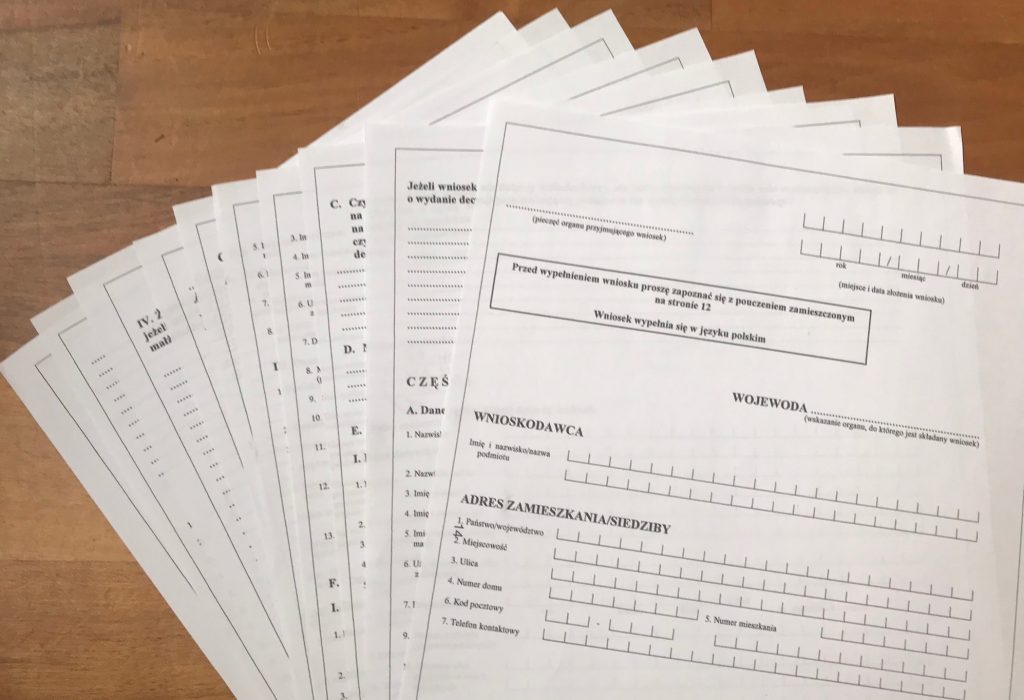
It has to be filled out in Polish with a detailed autobiography in Polish about you and your family, including details of Polish ancestry. There are four parts to the form:
- Part I: Your details, your mother and father’s details (which includes where they were born AND their parents’ names; both grandmothers’ details including their parents’ names, both grandfathers’ details including their parents’ names.
- Part II: Your autobiography including places of work and living – this can be typed and added to the form as there isn’t much space on the form.
- Part III: An autobiography of your mother and father, and both grandparents stating their places of birth, work, and if they lived in Poland, the places, how they left Poland and what their citizenship status was and how it has changed. Again these can be typed and attached to the form.
- Part IV: Any additional information and a list of documents you are attaching.
If you don’t know some of the information – family names for instance, just write: NIEZNANE or if something isn’t relevant: NIE DOTYCZY because you must fill in all the questions.
Visit to the Consulate
Once you have all of these documents and the application form, email them to the relevant Consulate (UK – Edinburgh, Manchester, London) to the email address for Citizenship and Passport queries, to ask for a person to check them before you organise a visit. Visits are arranged via an e-booking system but you need to book in advance as there are rarely appointments available within a couple of weeks. Don’t forget to photocopy your application form as this will be kept by the Consulate as well as your key documents and translations.
The cost
Had I arranged my translations in the UK, to date I would have spent nearly £300 plus travel costs to and from Manchester. Now after the last stage of arranging a passport, the total has come to over £500 plus a few grey hairs. There are Polish companies who do the whole process for you who quote well over £1000 for the whole process and arranging a passport. Lexmotion Law Firm and Hexon Law Firm have been used and recommended by people, however I can’t endorse this route as I haven’t used their services.
To kick off the process, together with your application form and submission of your documents, a consular fee of £70(or equivalent currency) is required, paid during the visit. Once you have the certificate of confirmation of Polish citizenship you are confirmed as being a citizen of Poland. Congratulations!
What’s next? More visits?
YES! if you want to go through and get a passport. First you need to arrange the registration of your key certificates in Poland. If you want to do this through the Polish Consulate, you pay per certificate to register the translations of your UK certificates (birth, marriage etc). This is where you need your second copies of documents and translations. It is best to check the current cost with the Consulate. If you can, register your certificates yourself or through a family member (who you give permission to), by taking copy certificates and their translations to a local council in Warsaw or your family town, it’s a smaller fee (about 70 PLN per certificate).
You will then obtain copies of the Polish registered certificates of your birth/marriage etc. which you will need to apply for a passport. If you want to keep a copy of these for your own records, order two as one set is kept upon submission of your passport application.
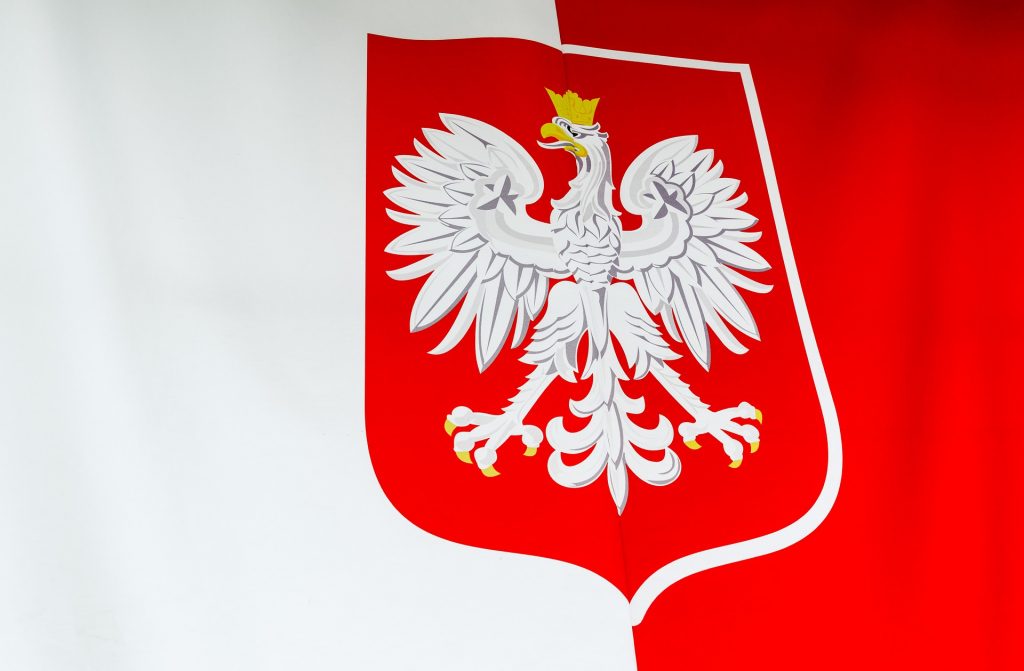
Finally you will be able to apply for a passport. You will automatically receive a PESEL (national insurance equivalent) number within the passport, so do not worry about not having one. The cost is currently £92. This passport application process is similar to what you have already gone through. You need the Polish copies of your personal documents and a one page application form which is very simple, submitted in person during yet another visit to the relevant Consulate. Please note for Polish passports they take fingerprints and you’ll also need to provide one photograph.
Well done for reading this far. I told you it was complicated, but not impossible. Keep a checklist throughout the process, apply for two copies of your documents and obtain two copies of any translations. Don’t forget to apply for a visit to the Consulate a few weeks before you are ready. I received my passport on 8th May, very appropriately I thought – Victory Day in Europe 1945. If you don’t have the time, find a company to do it for you. Good luck with your application and let me know how you get on!
Please note: I’m not offering legal advice here. I have reproduced the information I’ve had from the Consulate and my own experience of the elements that are less obvious in the process. I update this article regularly though I have now successfully completed the process. Updated March 2025
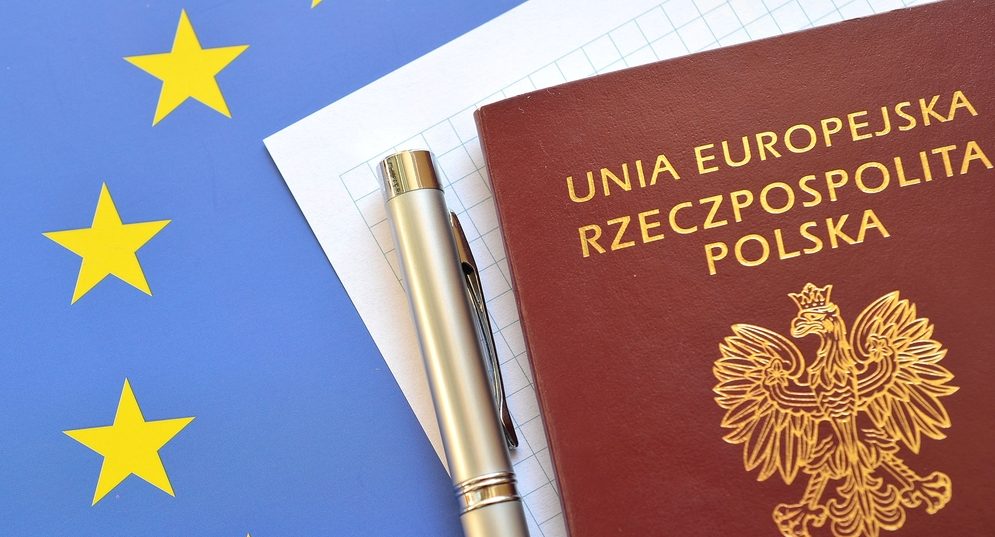
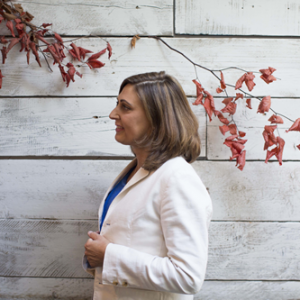
 1.Tracing Family History pre-WW2
1.Tracing Family History pre-WW2 2. Tracing Family History WW2
2. Tracing Family History WW2